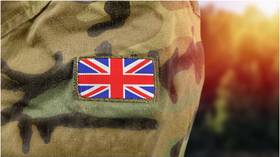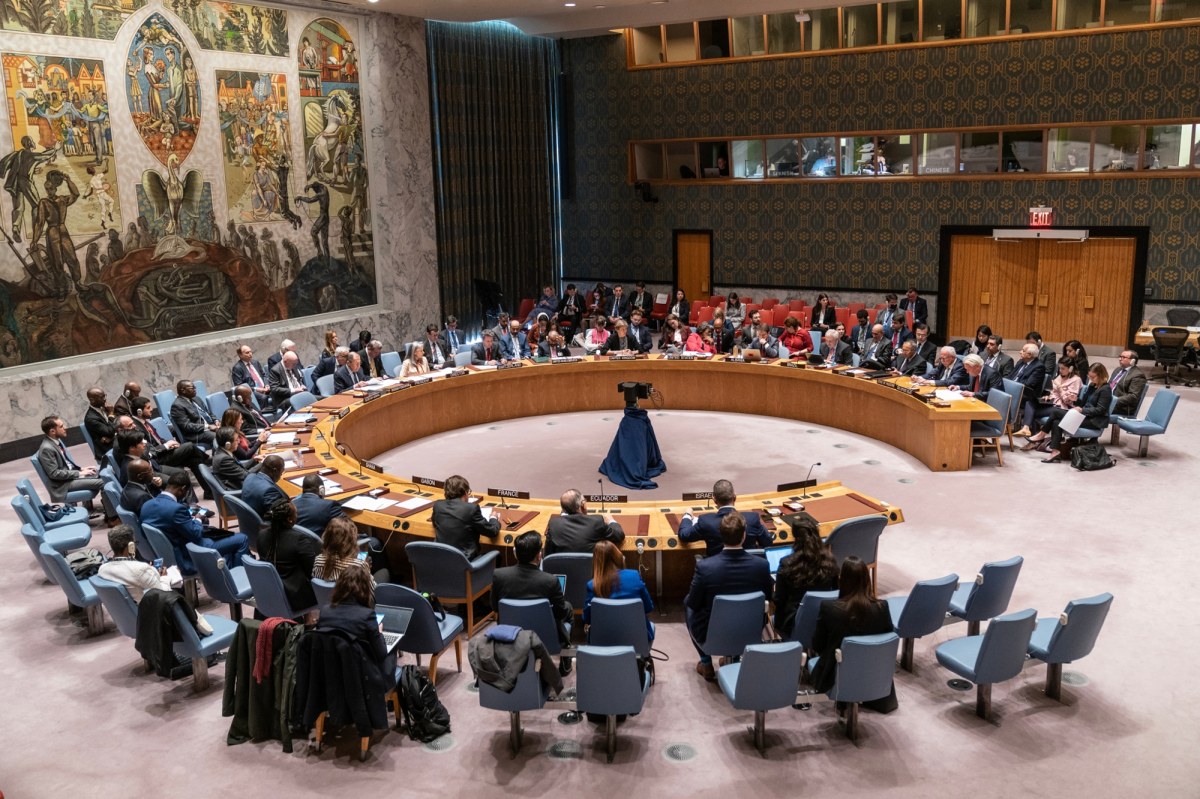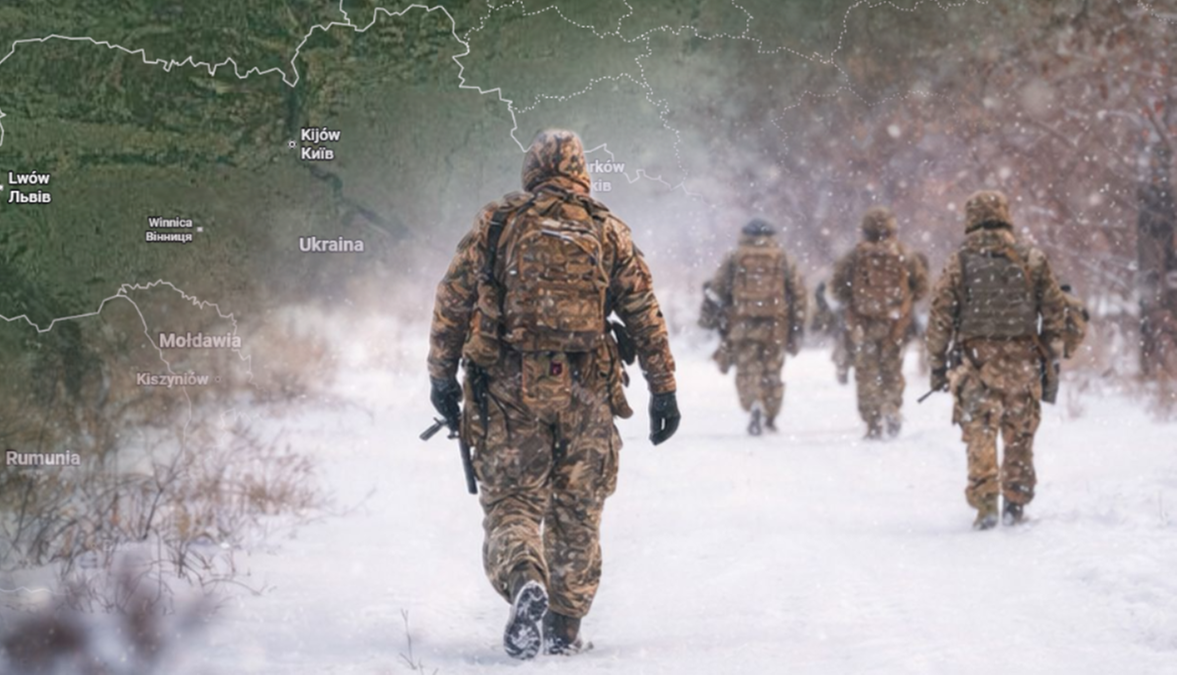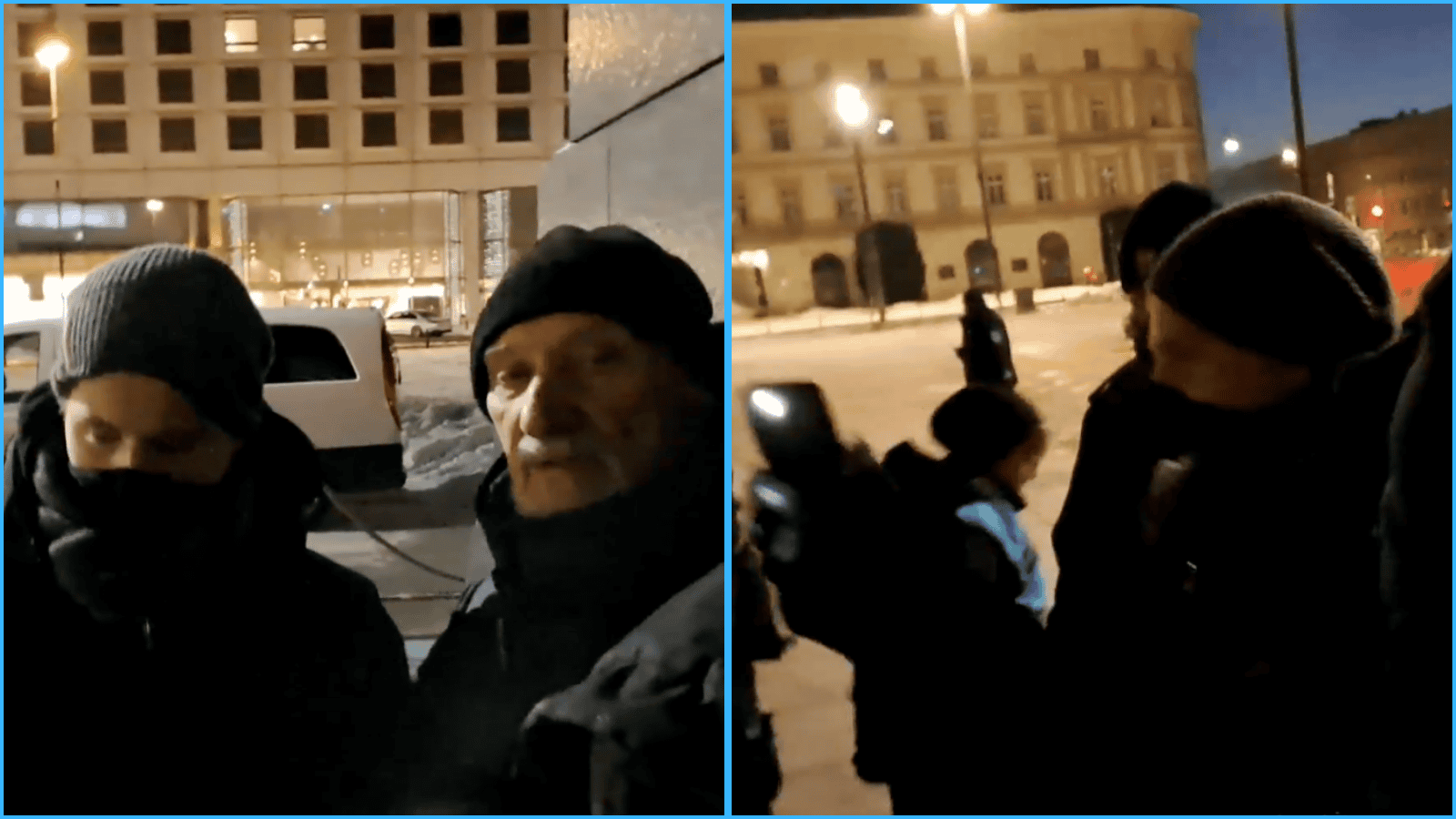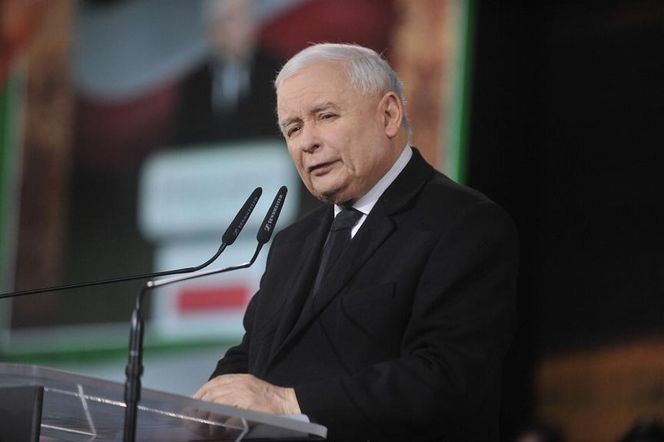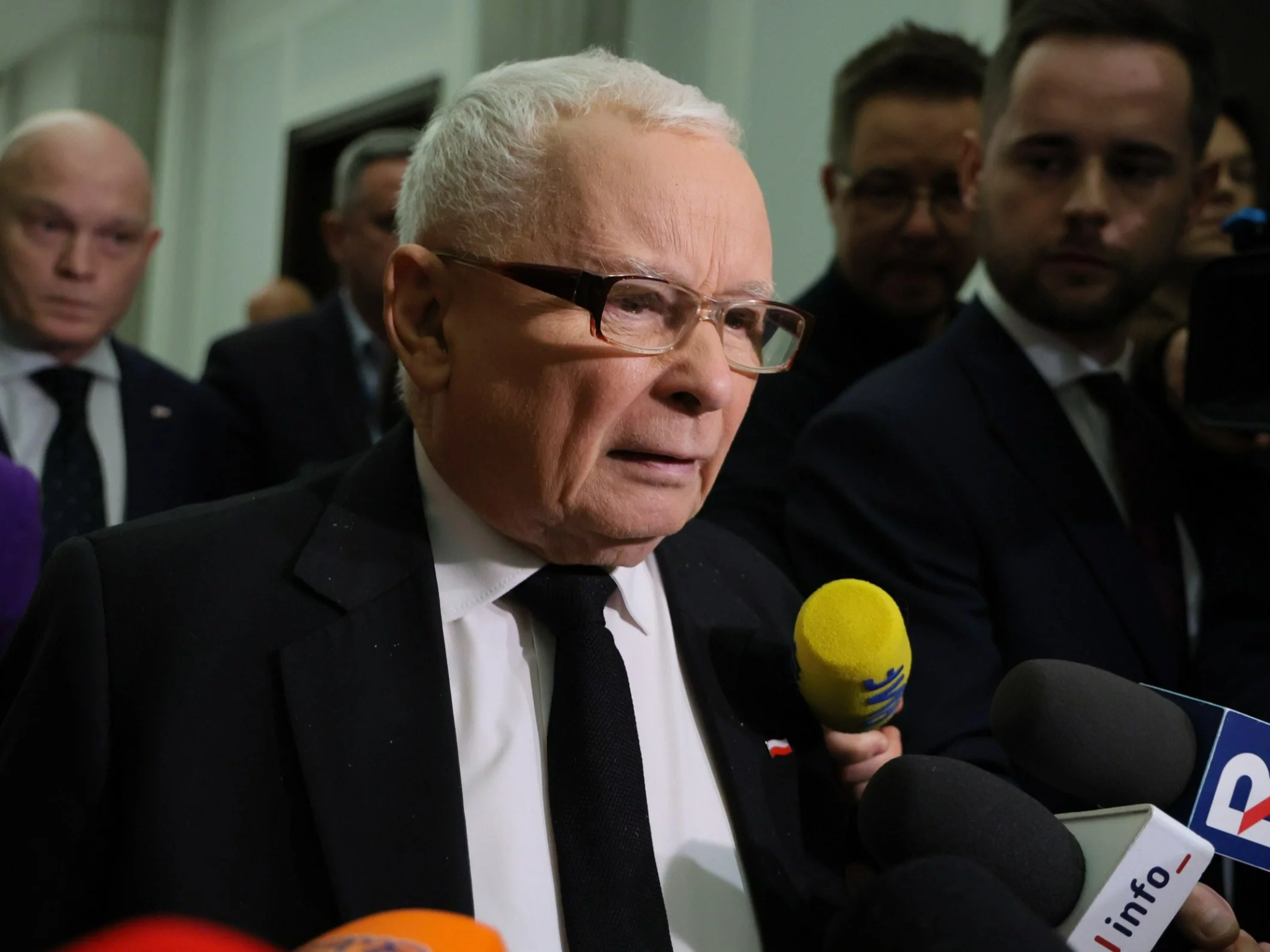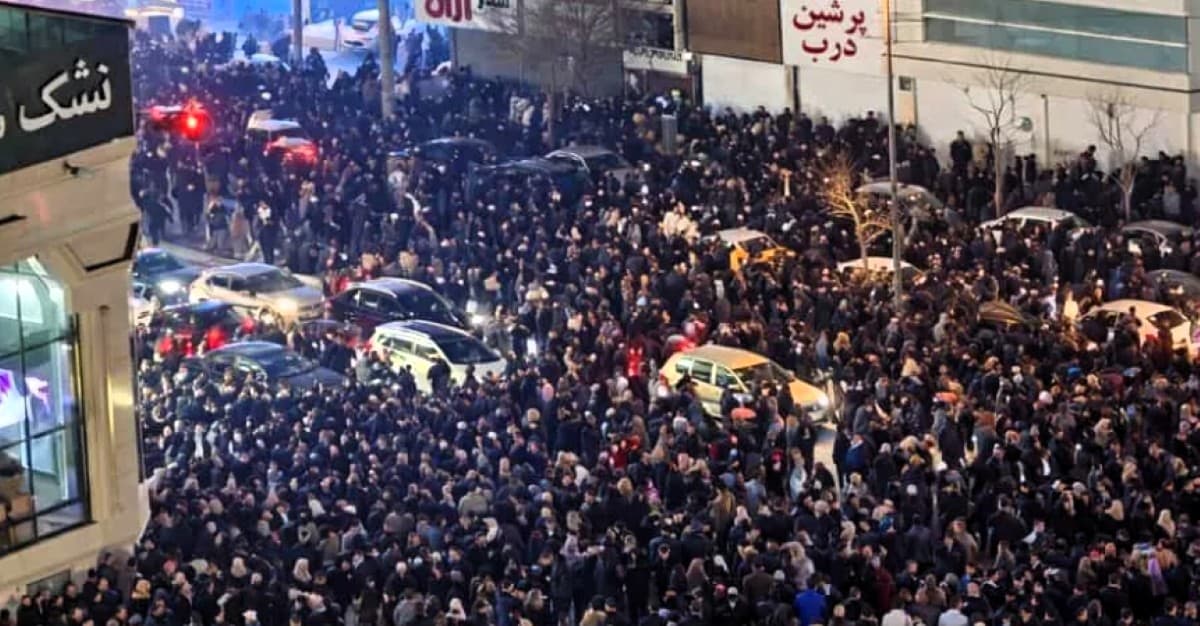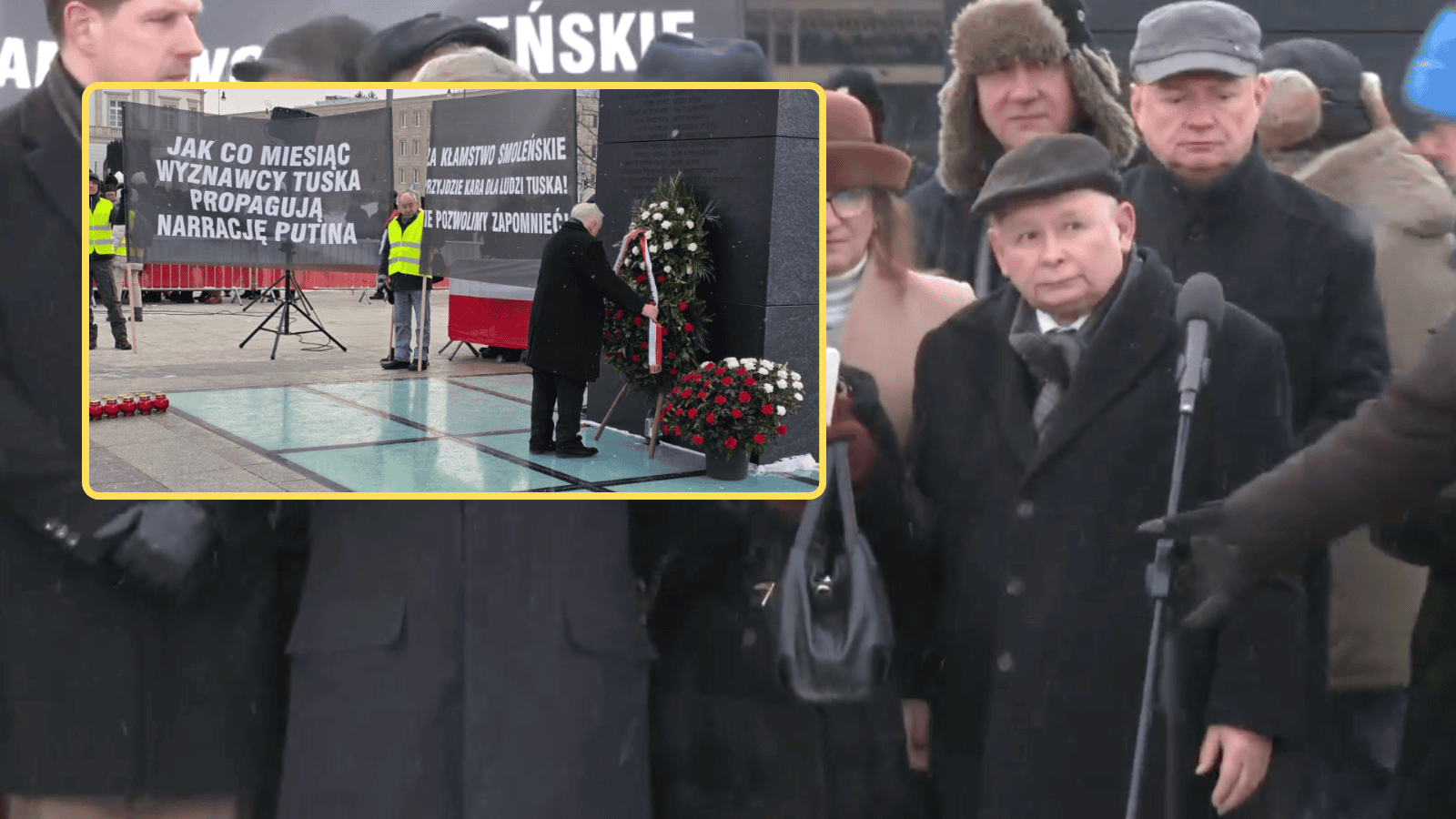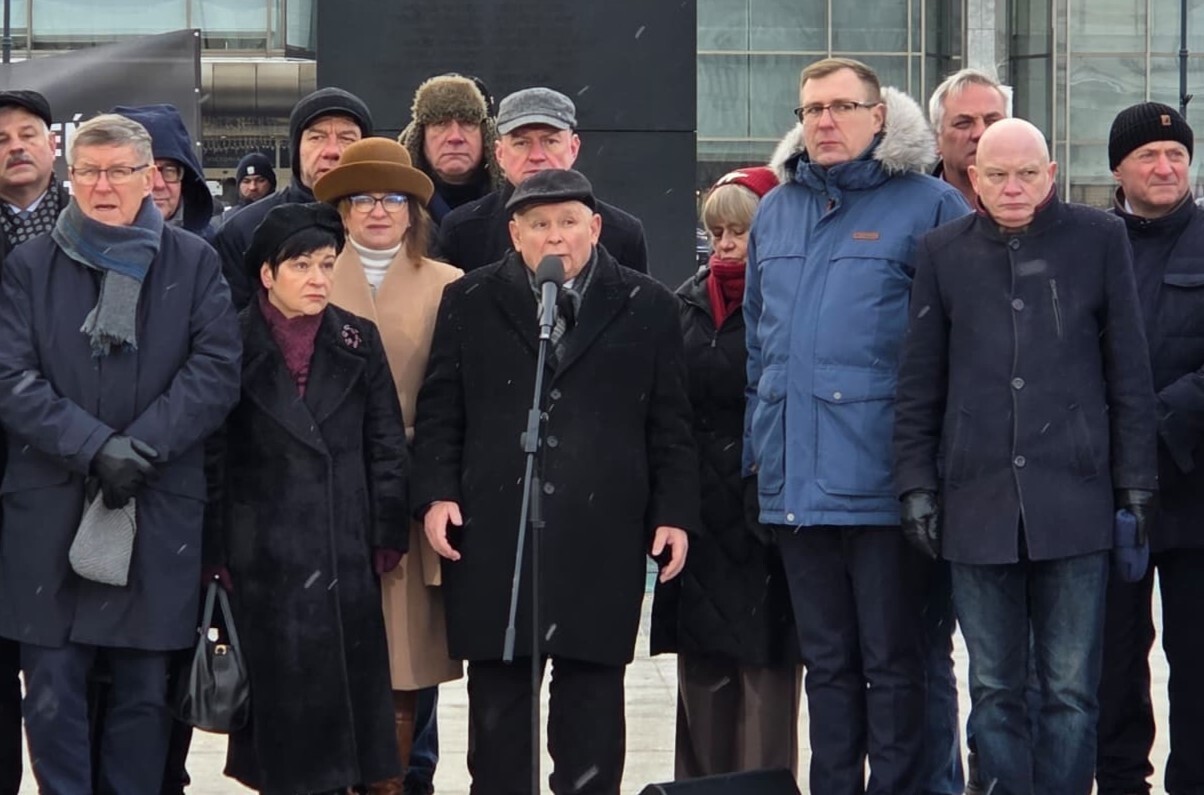
Moldova’s Pro-EU Party Wins Key Vote After Govt Ban On Several 'Pro-Russian’ Parties
In a somewhat predictable outcome, the pro-European party of Moldovan President Maia Sandu (Party of Action and Solidarity, PAS) has claimed victory and a new majority in parliament in Sunday’s elections, paving a continued path toward EU membership. We say 'predictable’ given that this was one recent international headline: Moldova bans pro-Russian parties ahead of Sunday’s election. Anyone seen as Moscow-sympathetic has had the looming threat of a crackdown by the state hanging over them. But the government has claimed instances of bribery and corruption, and interference by Russian state actors.
Overall, the Moldovan government has in the last months has very openly engaged in a campaign to persecute, intimate, and silence the opposition on charges of „massive Russian interference”. It has also leveraged relations with the Western allies to seek to cleanse society of Russian sympathies. It was only on Friday that the nation’s electoral commission issued a blanket ban on the 'pro-Russian’ Heart of Moldova and Moldova Mare parties. This barred several candidates from seeking office.
Opposition leader Igor Dodon is a former President of Moldova and is seen as the main 'pro-Russian’ figure, leading the Party of Socialists (PSRM) which is the main component of the Patriotic Bloc. He has urged people to „peacefully protest” the election’s outcome outside parliament in the capital Chisinau on Monday. The turnout for the demonstration has not appeared substantial. Western mainstream media has cited this as an example of Russian 'meddling’.
BBC records of the results, „With 99.9% of the 1.6 million votes counted, PAS had 50.17% of the vote – far ahead of the pro-Russian Patriotic Electoral Bloc on 24.18%, Moldova’s central electoral commission said.”
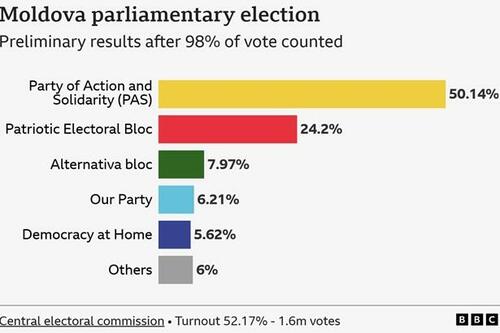
Turnout was higher than in recent years, reportedly at 52% – but Moscow officials have complained that many could not participate. Kremlin spokesman Dmitry Peskov said Monday, „From what we see and know, we can conclude that hundreds of thousands of Moldovans were deprived of the opportunity to vote in Russia because there were only two polling stations open to them, which was of course insufficient.”
The tiny Eastern European nation bordering Ukraine has experienced the same kind of internal political pro-EU vs. pro-Russia tug of war historically on display in other countries such as Ukraine or Georgia. One thing which has long alarmed the West is the presence of Russian 'peacekeeping’ troops in Moldova’s breakaway Transnistria region.
We earlier reported the bombshell revelation by Telegram CEO Pavel Durov, who alleged that French intelligence services attempted to strong-arm him into censoring conservative Moldovan channels ahead of the critical 2024 presidential election.
As expected, European Commission President Ursula von der Leyen hailed the result. „You made your choice clear: Europe. Democracy. Freedom,” she wrote on X.
Ukrainian President Volodymyr Zelensky also celebrated: „These elections showed that Russia’s destabilizing activity loses, while Moldova in Europe wins,” he stated.
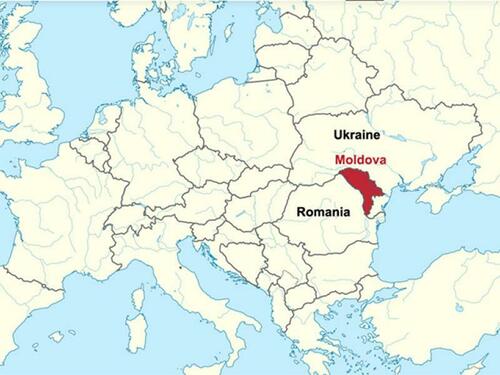
And Polish Prime Minister Donald Tusk praised Sandu, declaring that she has „saved democracy” and „stopped Russia in its attempts to take control over the whole region. A good lesson for us all”.
* * *
Below, Andrew Korybko offers five implications on what to expect from this crucial parliamentary election outcome…
1. The West Has Perfected Its “Regime Reinforcement” Model
Last fall’s EU referendum and Sandu’s re-election were achieved via the means above, which preceded the first round of Romania’s presidential election whose results were then annulled on false pretexts of foreign meddling after the result disappointed the EU. The re-run then predictably led to their preferred candidate winning upon his rival’s disqualification. The West’s “regime reinforcement” model has now been perfected after the latest Moldovan elections and will thus likely be applied elsewhere in Europe.
2. NATO Will Complete Its De Facto Capture Of Moldova
Moldova is a constitutionally neutral state but that could soon change if PAS holds another referendum modeled off of its flawed EU one. Even without amending the constitution, NATO is still expected to complete its de facto capture of Moldova, likely by building upon Moldova’s special ties with Romania and last year’s defense pact with France. As was assessed here, France envisages using Romania-Moldova as a launchpad for openly intervening in Ukraine, whether before or after the war ends.
3. Moldova Will Be Drawn Even Deeper Into Mission Creep
Expanding upon the second consequence of these elections, Russia’s Foreign Intelligence Service (SVR) warned in mid-July that “NATO Is Turning Moldova Into A New Military Ram Against Russia”, adding that its citizens might even be used as cannon fodder in Ukraine. Whether Moldova ultimately gets directly involved in the conflict or only facilitates the flow of arms and maybe one day Western/French troops there too, it’s still being drawn even deeper into mission creep, which entails very serious security risks.
4. A Joint Moldovan-Ukrainian Attack On Transnistria Is Possible
The preceding two consequences segue into the penultimate one of NATO backing a joint Moldovan-Ukrainian attack on Transnistria, something that SVR warned about last winter, on the assumption that it would be a low-cost but highly symbolic victory over Russia whose peacekeepers are still deployed there. This dangerous scenario could provoke Russian retaliation against Moldova, thus directly dragging it into the conflict, and possibly even NATO-member Romania too if its troops clash with Russia’s peacekeepers.
5. The Root Cause Of NATO-Russian Tensions Remains Intact
And finally, what all of this shows is that NATO continues expanding eastward at the expense of Russia’s security interests, thus confirming that the root cause of their tensions remains intact. These latest moves raise the odds that NATO will intensify its de facto expansion into Ukraine too, whether during or after the war, which in turn raises the odds of NATO-Russian tensions further worsening. The new normal that’s therefore emerging between them is one of heightened tensions for the foreseeable future.
* * *
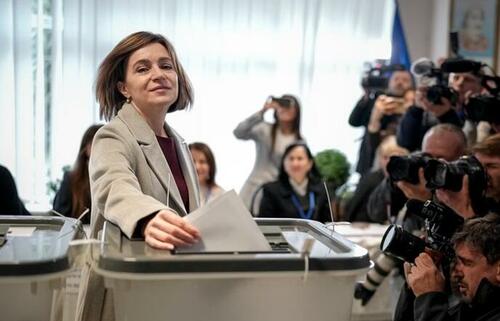 Moldovan President Maia Sandu, via AP
Moldovan President Maia Sandu, via APWill Moldova be a future Ukraine? First comes EU accession talks, then the inevitable 'path to NATO’ – a scenario which Moscow is likely to seek to prevent and fight against.
Tyler Durden
Tue, 09/30/2025 – 02:45

